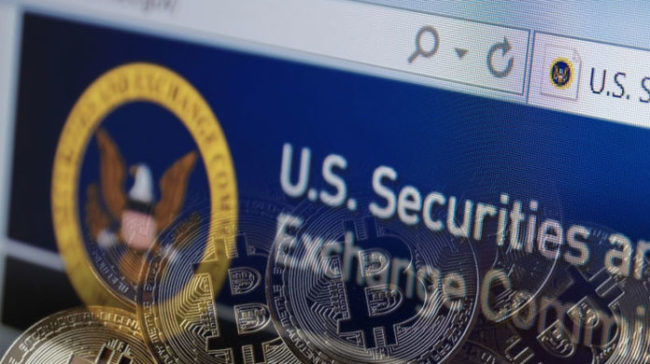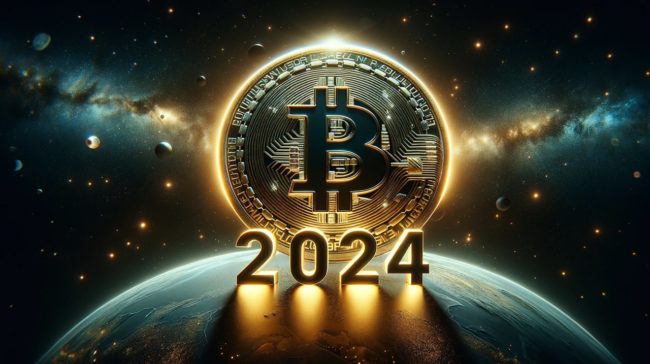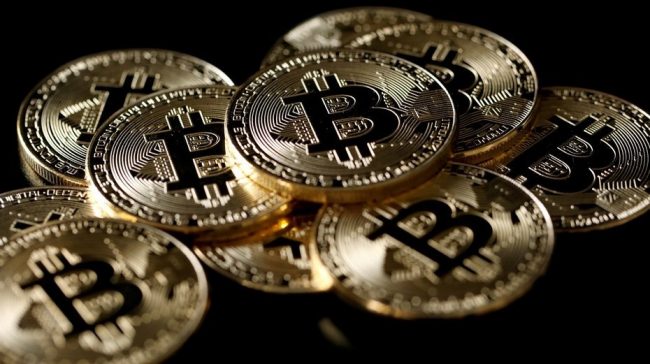
The New York Times debuted the inaugural TimesTalksDealBook event during the past week with a talk about the blockchain tech and cryptos. This important event featured an interview with host Andrew Ross Sorkin and guest Jay Clayton, Chairman of the US Securities and Exchange Commission.
Wynn Davies was the presenter. He is North America managing director at Accenture, and he started the discussion by saying that cryptos will be here in the future and they should definitely not be ignored.
He also made sure to call the blockchain technology one of the most important tech innovations in business.
The blockchain tech evolved a lot since 2017
SEC Chairman Clayton was introduced as a blockchain expert, and he issued a disclaimer which said that his thoughts and opinions are strictly his own and they don’t mirror the general SEC opinions.
In order to give some perspective on how far cryptos and the blockchain tech have impacted today’s financial industry, Clayton noted that last March, during his confirmation hearing, the innovative technology has been totally overlooked.
“If you search the hearing transcript and all of the questions, you won’t find blockchain, distributed ledger technology, Bitcoin, Ethereum – not a single question in March of 2017,” he said.
The SEC rules should reportedly be respected, not changed
According to Clayton, the SEC has sound rules that managed to resist the test of time, and this is one of the reasons for which they should not be changed in order to adapt to new tech innovations.
“Technology ought to be able to fit into our rules. And I think this technology has incredible promise for adding efficiency to our marketplace, but I’m not going to change the investor-protection aspects of those offering rules or those trading rules just because there’s a new technology.”
Regarding, Bitcoin, Clayton reiterated his position: It’s not a security.
“It’s widely distributed. It was not controlled by a single entity or other people. It’s used as a medium of exchange. You’re not looking to the efforts of others to increase your return. So it looks much more like a currency than a security,” he said.




